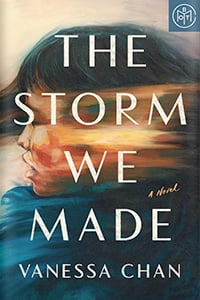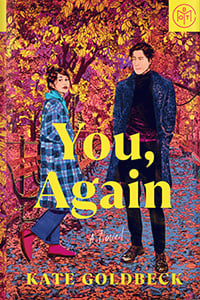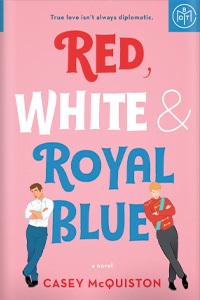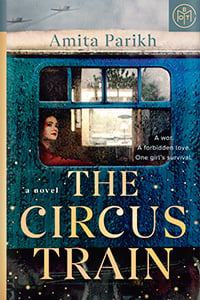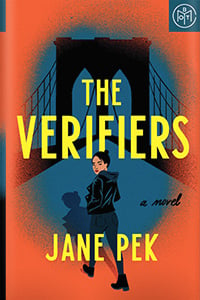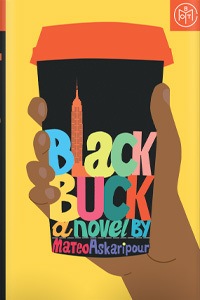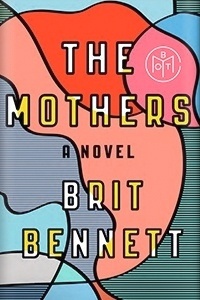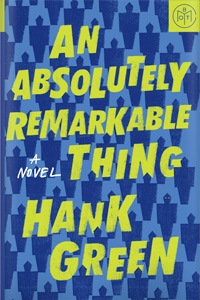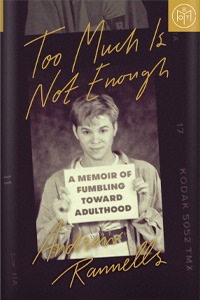

Narrative nonfiction
Doing Justice
Debut
by Preet Bharara
Quick take
From the highly-regarded former federal prosecutor, an exploration of right, wrong, and a little concept called justice.
Synopsis
Preet Bharara has spent much of his life examining our legal system, pushing to make it better, and prosecuting those looking to subvert it. Bharara believes in our system and knows it must be protected, but to do so, we must also acknowledge and allow for flaws in the system and in human nature.
Bharara uses anecdotes and case histories from his legal career—the successes as well as the failures—to illustrate the realities of the legal system, and the consequences of taking action (and in some cases, not taking action, which can be just as essential when trying to achieve a just result).
Much of what Bharara discusses is inspiring—it gives us hope that rational and objective fact-based thinking, combined with compassion, can truly lead us on a path toward truth and justice. Some of what he writes about will be controversial and cause much discussion. Ultimately, it is a thought-provoking, entertaining book about the need to find the humanity in our legal system—and in our society.
Free sample
Get an early look from the first pages of Doing Justice.
Why I love it
Blake Orlandi
BOTM team
This isn’t a book for liberals or Democrats, nor is it a book for conservatives or Republicans. This is a book for people who believe that the institutions that the United States is founded upon, while flawed, uncover truth and deliver justice. Bharara is one of these people, and he has dedicated his life to public service, including as the U.S. Attorney for the Southern District of New York.
The book is divided into four sections that mirror the criminal justice process: Inquiry, Accusation, Judgement, and Punishment. Each chapter is made up of the same components. First, an entertaining story about a crime or case, often one Bharara was personally acquainted with. From patricide to insider trading, these stories stand up against all of your favorite true crime podcasts. Next, Bharara uses the story as a case study to create a compelling lesson about how the justice system works. Finally, he takes it up a notch by delivering his personal point of view on how this component of the justice system is working (or not working) to deliver a fair and just society.
What makes this book worth the read is the lively inquiry into what, exactly, justice is. The criminal justice system, helmed by humans, is clearly imperfect. But justice, Bharara contends, exists on a higher plane. That through line is what makes this book a philosophical, entertaining, and dare I say necessary read. It's worth noting: The prologue and first chapter were a bit slow for this reader. But stick with it. Once you hit the stories about Kenny McCabe, the notorious mafia investigator, it’s all gravy.







































